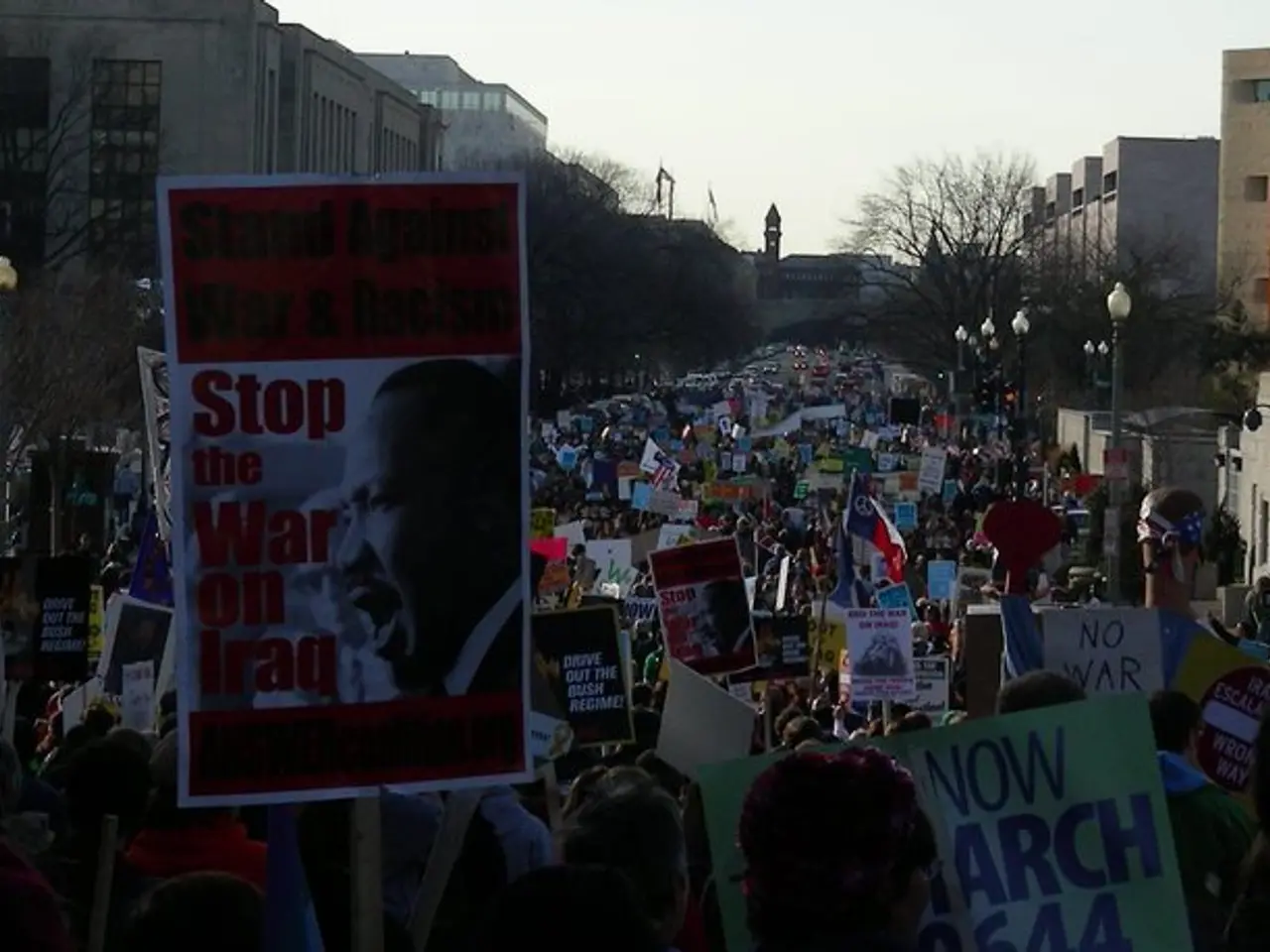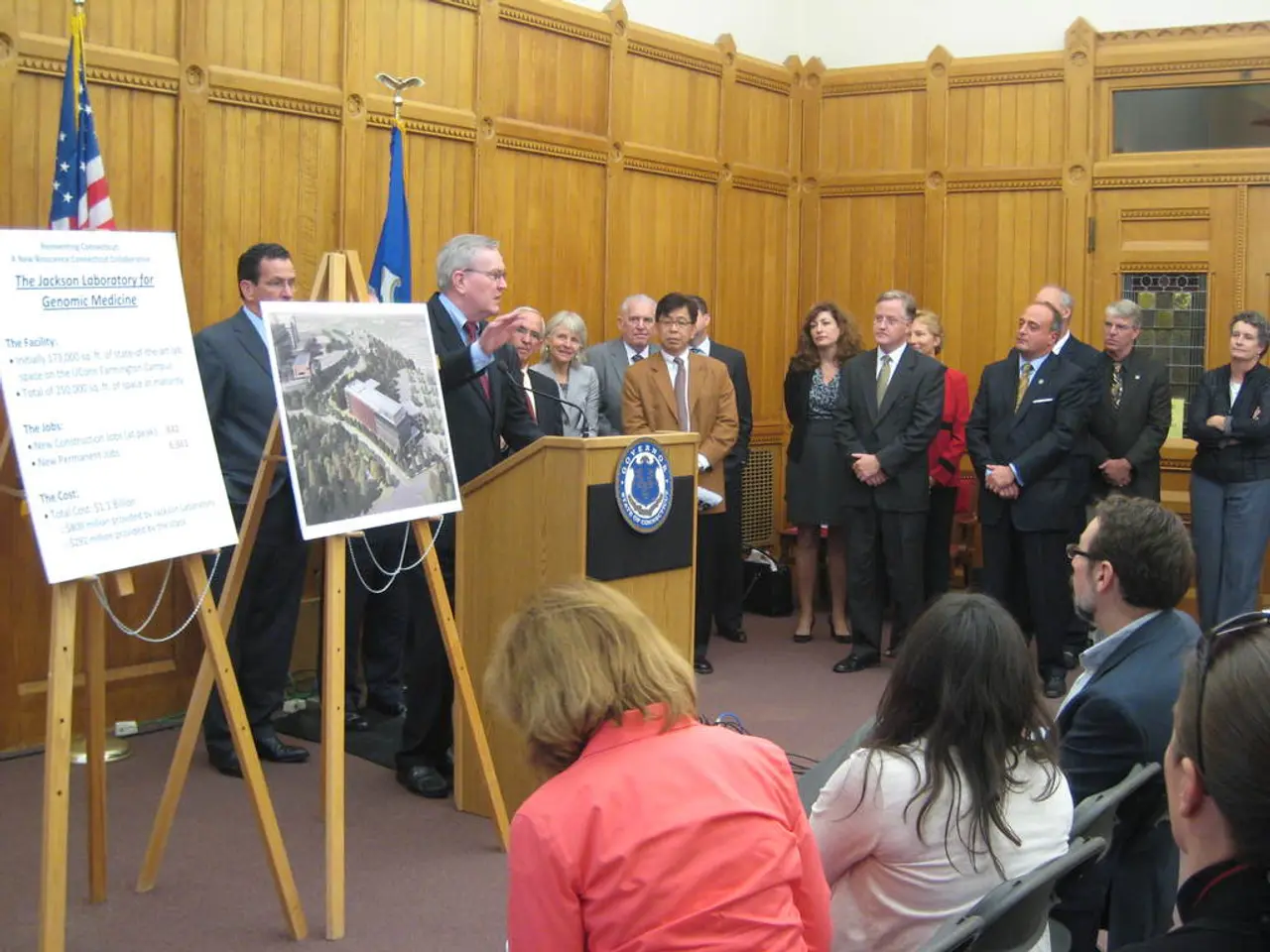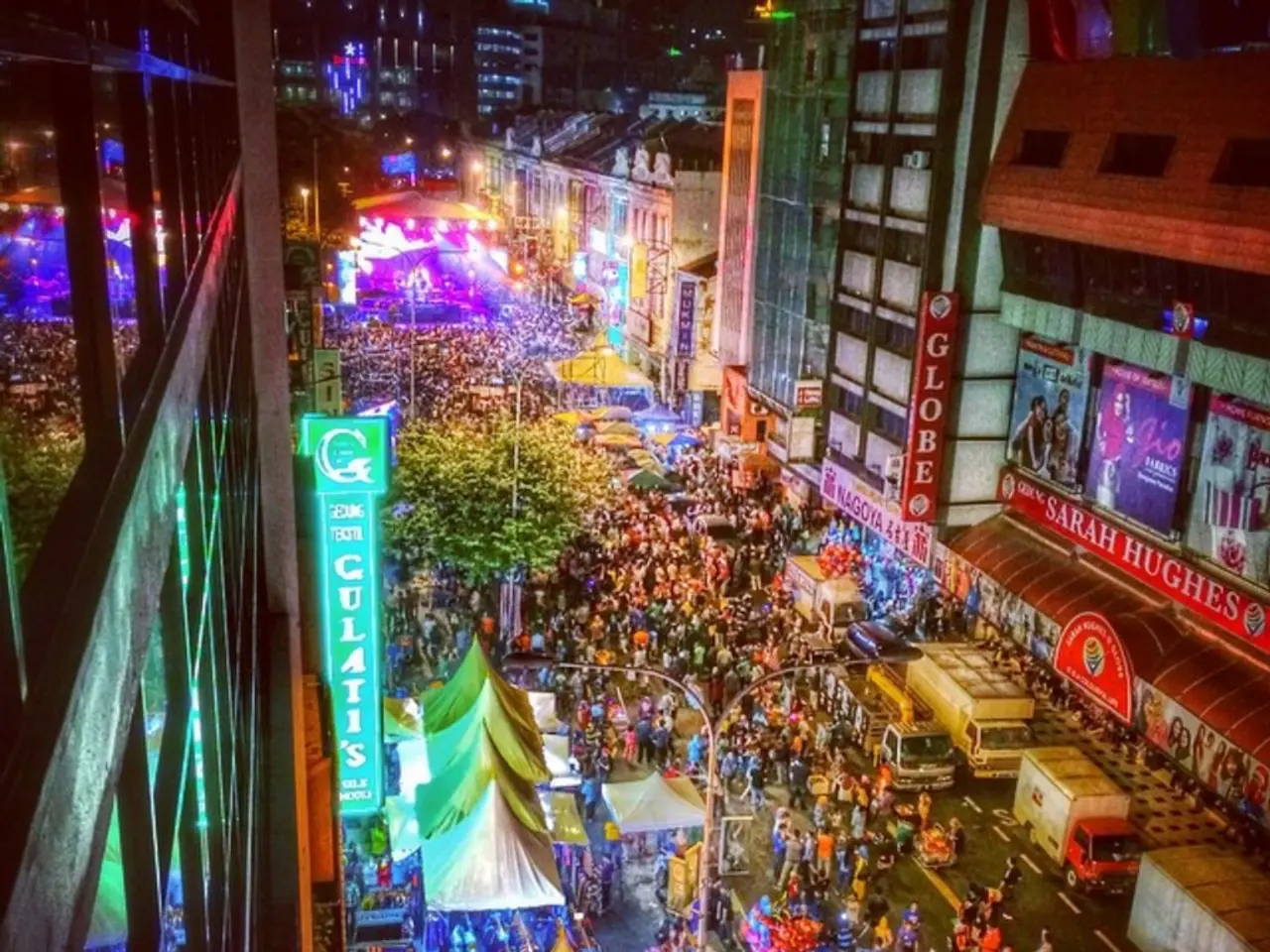Turkey's Role as Europe's Extended Border Enforcement
In recent years, the European Union (EU) has been working closely with Turkey to stem the flow of irregular migration towards Europe. This partnership, aimed at preventing migrants from reaching EU territory through existing and emerging routes, has resulted in the construction of a border wall spanning over 500 kilometers between Turkey and Iran.
The wall, equipped with modern surveillance technology, watchtowers, deep trenches, and barbed wire, has been a significant element in the EU's strategy to control migration and manage refugee flows. However, the extent to which this barrier has been effective in achieving its intended purpose remains a subject of debate.
According to reports, at least 66,000 people were deported to Afghanistan alone in 2022. The fate of these individuals upon their return to Afghanistan is largely unknown, raising concerns about the human rights situation for those forced to return to conflict zones or countries with questionable human rights records.
The construction of the wall has had a profound impact on local communities. Agit, a resident of the region, stated that the wall has destroyed their daily life, causing many households to migrate to Ankara and Istanbul in search of better opportunities.
The border town of Edirne, located 1800 kilometers away from the border with Turkey and Iran, has been strongly influenced by Islam and has a history of diversity. However, the presence of the border wall and related facilities has led to allegations of abuse and torture, with stories of women banging on the bars of their windows and shouting for help.
The situation is particularly challenging for refugees, many of whom are fleeing conflict zones such as Syria. Refugees in Turkey face difficulties in registering for international protection, getting a status, or extending an existing one. This, coupled with the practices of pushbacks, torture, and mutilation at the EU border, has created a hostile environment for those seeking safety and a better life in Europe.
One migration researcher, Valeria Hähnsel, has been working as a consultant for Medico International on migration and the politics of the European border regime. She reports an increase in deaths along the border since the construction of the wall. Survivors of pushbacks are left to their own devices in Turkey and do not want to seek medical help due to the fear of deportation.
The border wall serves multiple purposes, including preventing people from Iran and Afghanistan from fleeing to Turkey and potentially onwards to Europe. However, the humanitarian cost of these policies is significant, with many refugees facing harsh conditions and human rights abuses both within Turkey and at the EU border.
The situation is particularly concerning for Kurdish populations, many of whom reside in southeastern Turkey and neighboring areas. The border enforcement and related migration controls can further complicate the situation for Kurdish refugees trying to seek asylum in the EU. While there is no specific update on the border wall’s direct impact on Kurds in the provided search results, it is known from the broader context that Kurdish migrants and refugees are among those vulnerable to restrictive border policies and pushbacks.
In conclusion, the EU-Turkey border wall and related border controls are part of broader EU efforts to contain irregular migration, with Turkey as a key partner. These measures have fluctuated in effectiveness, with irregular crossings peaking in 2023 before falling again in 2024 and early 2025. However, the policies have significant humanitarian implications, particularly concerning pushbacks and treatment of refugees, including Kurdish populations escaping conflict. The situation remains dynamic, with ongoing cooperation and tension between migration control objectives and human rights concerns.
The EU-Turkey border wall, a critical component of the politics surrounding migration, has been instrumental in curtailing general-news stories of irregular migration towards Europe. This wall has also brought forth humanitarian concerns, as reports suggest a rise in deaths along the border since its construction, and refugees face harsh conditions and human rights abuses.








